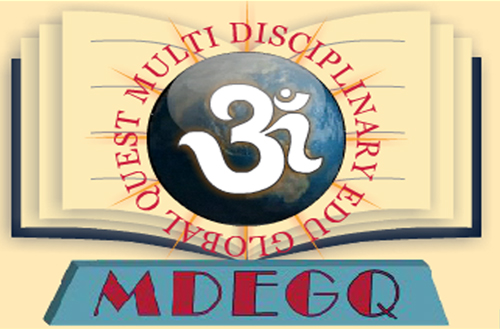Nothing is stagnant or lost in the universe but keeps transcending levels that may be historical, chemical or physical to final psychological trance. And the most poignant of all is feelings with very abstract origin: strives, elevates and transcends. The seeker and the thinker perspectives vary due to wide contexts. When with the glasses of background; aspect acts as veil out of emotions curtailed deep and aimed shallow and null.

Your International Online Journal